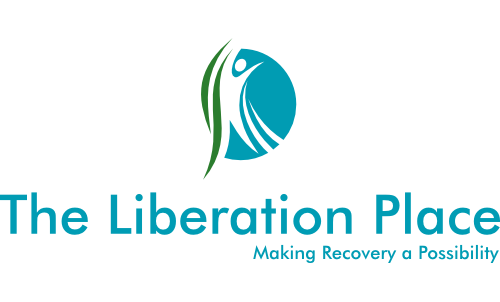The Schema of Emotional Deprivation
When the schema of Emotional Deprivation is activated in our system, we’re left with the undeniable expectation that our desire for emotional connection with other people will not be met. This often takes place in one of three perceived ways. First, with the deprivation of nurturance, which basically comes down to feeling a of a lack of affection or caring from those around you. Second, the deprivation of empathy, which revolves around the sense that there is an absence of listening or understanding from caregivers, or from the people you want to be close to in your environment. Third, the deprivation of protection, which is linked to the absence of strength or guidance from others, particularly in our formative years.
This particular schema is usually involved in the creation of many different unmet childhood needs, but it predominately revolves around the primary need for attachment to others. Feeling like you are not heard or understood in the childhood environment can lead to a subconscious belief that you are not going to get the love that you need from those that you want it from. This can lead to a number of different coping mechanisms activating in your system, trying to “make people love you” or lashing out at those you feel do not.
“In addiction, I often walked around feeling like something was missing, I had a general sense of emptiness, which played into a constant
fear of loneliness”
~Steven Morris RP.
When I stepped into my own recovery lifestyle, the schema of Emotional Deprivation contained a perspective that I could really relate too. When I think about my anxious fearful attachment style it can be pretty much summed up by the schema of Emotional Deprivation. I wanted more than anyone could give me in all of my relationships, mainly because I was trying to fill an internal void that was pretty much unfillable, particularly with external things. This void was often insatiable, never ending, and at the forefront of my thinking for the majority of time.
No matter how much people gave me in relationships it never felt like it was enough, and my expectations on what others should do for me was so high it was impossible for people to achieve. When this story was active in my system, I was needy, asking for things that were not possible to do. I had consistent thoughts about not getting the love I needed even though there was plenty of evidence that people cared about me and loved me, my filters just didn’t let me see it.
"I wanted more than anyone could give me in all of my relationships, mainly because I was trying to fill an internal void that was pretty much unfillable, particularly with external things."
~Steven Morris RP.
One of the ways that this played out in my adult life was my constant desire to meet the needs of others, even down to my choice of employment. Meeting the needs of others was a way for me to compensate for my own feelings that were caused by my unmet childhood needs. I also found it really hard to say no to my friends, constantly putting their needs before my own.
The problem with this way of living is that I found myself chronically disappointed in other people, often holding resentment for their inability to give me what I wanted. I often seemed to feel like people always let me down, not in individual situations or circumstances per se, but a general sense of disappointment surrounding everything I did, and every relationship I was invested in.
Most of the time, this sense of disappointment was attached to a story that had no basis in actuality. In other words, it was not connected to something that was actually happening in the world around me, it was caused by the psychological filter of “Confirmation Bias” that was present in my system, only allowing me to see the evidence that lined up with this particular schema. Learning how to spot these filters and deactivate their influence on my emotional and behavioural reactions was key to developing new ways of coping, and ultimately supporting me in Living the Life I Want to Live.
Schema of Emotional Deprivation Worksheet
Follow us on Social Media





